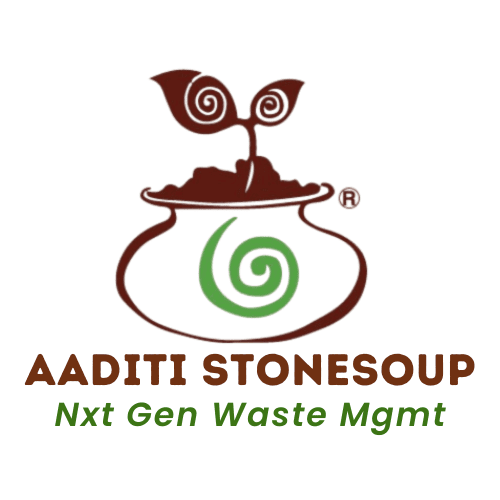Operation Zero Waste: Fighting the Real Enemy Within
Recently, India united under Operation Sindoor to defend its borders against an external threat. But there’s another battle we must fight—right inside our own cities, homes, and streets. This enemy isn’t across the border. It's waste—overflowing, unmanaged, polluting our drains, air, and soil. And it's time we declared war on this internal enemy with Operation Zero Waste.
The Real Threat: How Waste is Destroying Our Cities
In cities like Bengaluru, garbage is clogging stormwater drains, causing floods. When waste is burned, it pollutes our air. When it's dumped, the leachate contaminates our soil and groundwater. Our environment is under siege—not from bombs or missiles, but from plastic wrappers, food waste, and single-use products.
It’s time to act. And the battle begins at home.
Step 1: Segregate Waste at Source
The first step towards zero waste is to become a responsible citizen by segregating your waste. It's simple:
Wet waste (organic) goes into the green bin. This includes food scraps, vegetable peels, and garden waste.
Dry waste (recyclables) like paper, plastic, metal, and glass go into a separate bin.
Reject waste includes sanitary waste, diapers, and other non-recyclables.
Why is Segregation Important?
In India, 60–75% of household waste is organic. That means it can be easily composted at home or in community composting units. By just segregating and composting your wet waste, you can reduce your total waste by more than 50%!
Step 2: Recycle Right
Once your dry waste is clean and dry, it can be handed over to local recyclers. From paper to plastics, most materials can be given a second life, and often a third, fourth, or even twelfth.
However, after multiple recycling cycles, especially with plastic, the material degrades and eventually becomes non-recyclable. That’s why it’s critical to reduce plastic consumption in the first place.
Step 3: Say No to Single-Use Plastics
Every time you step out, you have a choice. Carry a tiffin box, reusable spoon, and water bottle to avoid disposable plastics. Refuse plastic cutlery, straws, and carry bags.
These small changes can make a huge difference in reducing single-use plastic waste, which is one of the hardest materials to manage sustainably.
Step 4: Switch to Reusables for Hygiene Products
One of the most hazardous and unhygienic components of our waste stream is sanitary waste—pads, tampons, diapers, and other disposable hygiene products. These not only create bulk but are also non-biodegradable.
Here's how you can make the switch:
Use reusable cloth pads or menstrual cups instead of disposable sanitary napkins.
Switch to cloth diapers for babies—they're safer, cost-effective, and better for the environment.
Be a Zero Waste Warrior
Operation Zero Waste isn't just a campaign. It's a movement—one that starts with you. By segregating waste, composting organics, recycling responsibly, cutting down single-use plastic, and embracing sustainable alternatives, you're not just managing waste. You're protecting your city, your health, and your future.
Let’s fight this invisible enemy. One clean home, one compost bin, and one reusable bottle at a time.
Join the movement. Become a Zero Waste Warrior today
